I Don’t Believe in Positive Images-Black Portraiture(s) Paris 2023

When I was writing GIRLFRIENDS almost twenty-five years ago, I thought Black Women were going to love me for including our sexuality in the NARRATIVE. I thought they would (and thus the world) see my political stand that “Just because BLACK WOMEN have sex, it does not make us whores. It makes us Human.” A show like Sex In The City made the larger culture discuss women’s sexuality, and my show would seat BLACK WOMEN at the table. Only I wasn’t fighting for our sexual freedoms as much as I was fighting to free our HUMANITY and loosen up the chains around our sexual shame.
Black Portraiture(s) Paris | May 29, 2023
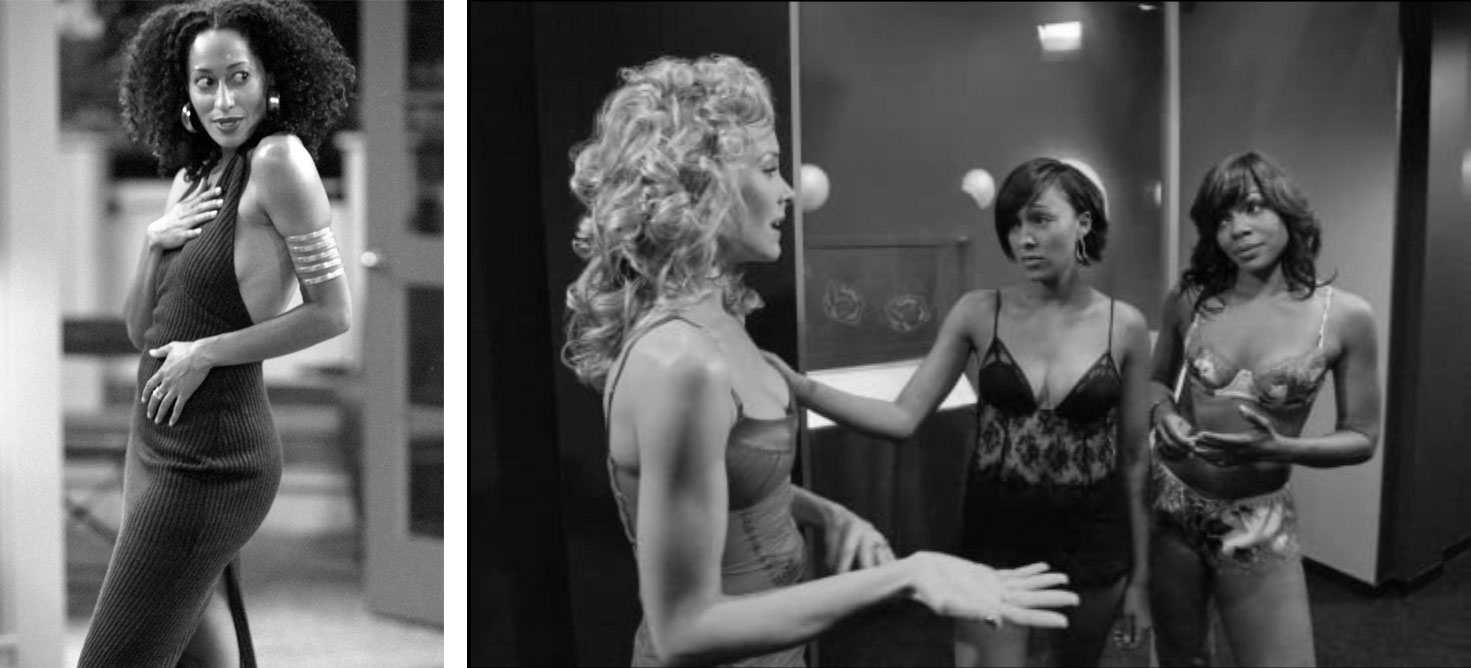
Yet the first voice I heard, quickly and loudly and often, was from BLACK WOMEN, who told me that they hated that aspect of the show. They questioned why I had to talk about it. Why I had to “air our dirty laundry.” And that if I left that aspect out of the show it might be good or have a chance to be successful. Real talk, I was shook. I thought my core audience was turning on me. Now you have to imagine (though it may be hard) this was before TV chat rooms, Twitter, Facebook, IG, TikTok, and the like to find that virtual water cooler of supporters.
So I only had these run-ins and the “not so great” Nielsen ratings to measure how the show was doing. But as scared as I was of losing my show, I wouldn’t stop including sexuality in the storytelling of young, Black, contemporary women. It was simple to me. Just as I know that 1 + 1 = 2, I know that a woman usually has to have sex with a man to have another human being. A BLACK WOMAN’s choice to have healthy, protected, consensual sex is A PART of her Humanity, not the act that should define her.

Meanwhile, on the studio lot, I had white male executives laughing hysterically when we wrote “Blue Balls” into the script. Fun Fact: I never thought we would get away with that joke. See, in Hollywood, you have to give to get, so I actually put in “blue balls” as a “decoy joke” to negotiate keeping another joke about what The Girlfriends required their male lovers to do in order to please them. It was Toni’s request for reciprocity in oral sex that caused an uproar. I was told it was CRUDE. I questioned, “Crude for a woman to know what she likes sexually and to share a laugh about it with her girlfriends?” They said yes and thought it further distasteful for the women to brag about it and celebrate that they make men do it.
I recall arguing that note for 20 minutes. See, that joke sequence was important for me to keep because I believe when we see women — in this case Black women— discussing what they like about sex, they in turn send the message that sex is something for them to enjoy. We have a choice in our pleasure. The power of choice innately requires accountability. The accountability of understanding the responsibility and consequences of that choice. That responsibility of discerning what the healthiest choices are for yourself, like contraceptives, partners and situations. Knowing you have a choice offers you an understanding of when one hasn’t been treated to their liking or worse, when that choice has been violated.
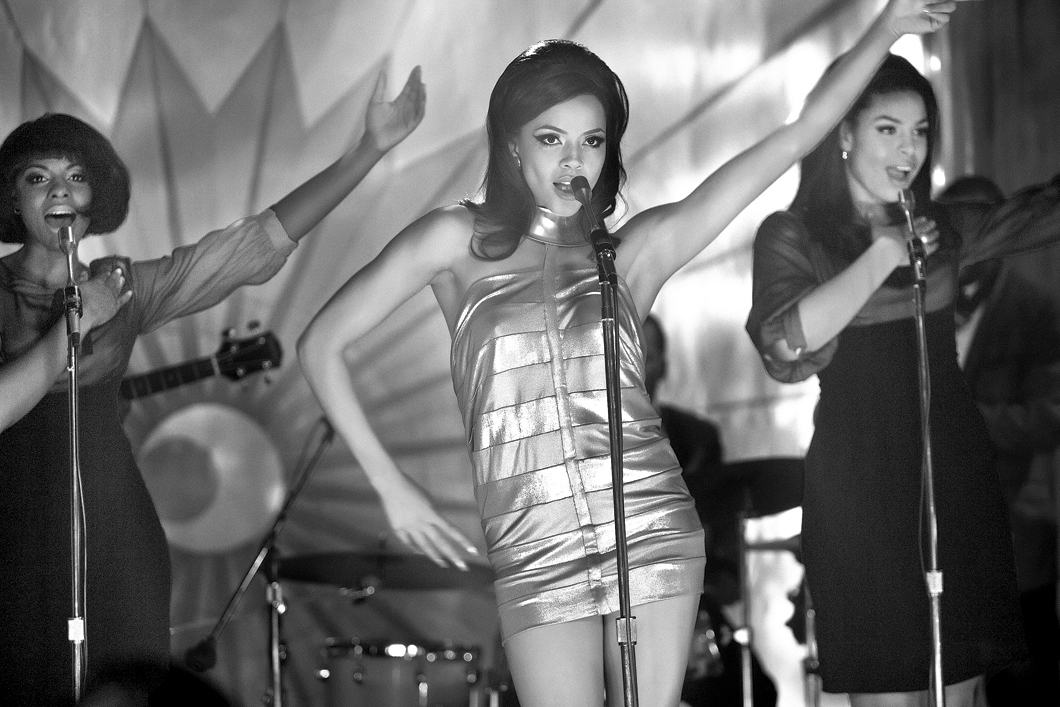
The executives still wanted it out. Their compromise — William can say “Blue Balls” because that was hilarious. So here I was stuck with some balls I never wanted and told that women can’t own their sexuality. That our sexuality can’t be about our pleasure, BUT when a woman denies a man sex, it’s okay for him to lament about his “Blue Balls!”
Needless to say, in my next encounter with a SISTER who thought the girls should ease up on the sex talk scenes I had something to say. I simply asked, “Why does it bother you that these characters talk about having sex?” She said because it’s not a POSITIVE IMAGE. I asked her how she was conceived. I was proud of myself, I got her. Cornered her. Well, I actually made her angry. She told me:
“When I walk through the world and halls of my job, they already think all Black women are hoes, and your show is co-signing that. Can’t she just be a lawyer? Damn, can’t we just be that?” This lady was a lawyer by the way. But I looked past her anger at me. She wasn’t mad at me. She was mad at something that was never true… and she wanted me to cover it up with a bandaid of a POSITIVE IMAGE.
I went back to work picked up the phone and found a better argument and a better joke to say the same thing I wanted to say. I dug my heels in because I knew, it was time to give women— especially Black women at the turn of the century— their humanity back. But I didn’t stop at sex related topics. I made a decision early in my career that POSITIVE IMAGES ARE JUST AS DAMAGING AS NEGATIVE IMAGES.
I didn’t say to that lawyer that day, but I wish I could say to her now that, “No, I can’t write Positive Images because I would be buying into “fixing” an image I NEVER believed in. By participating in “cleaning up” the mess the stewards of our stories made of our images and our lives, it would make me culpable in the RAPING OF OUR IMAGE. Participating in rewriting the wrongs keeps me chasing something already done instead of using my opportunity to paint portraits of us that reflect the light and dark shades of our exquisite and complex humanity.
Also, writing Positive Images is an attempt at perfection. There is no art in that. There is no discovery of the human condition in that. Instead it sets a bar so high for our people— one we will never reach, and in turn make us feel bad about ourselves for having never reached the impossible. WE ARE HUMAN.
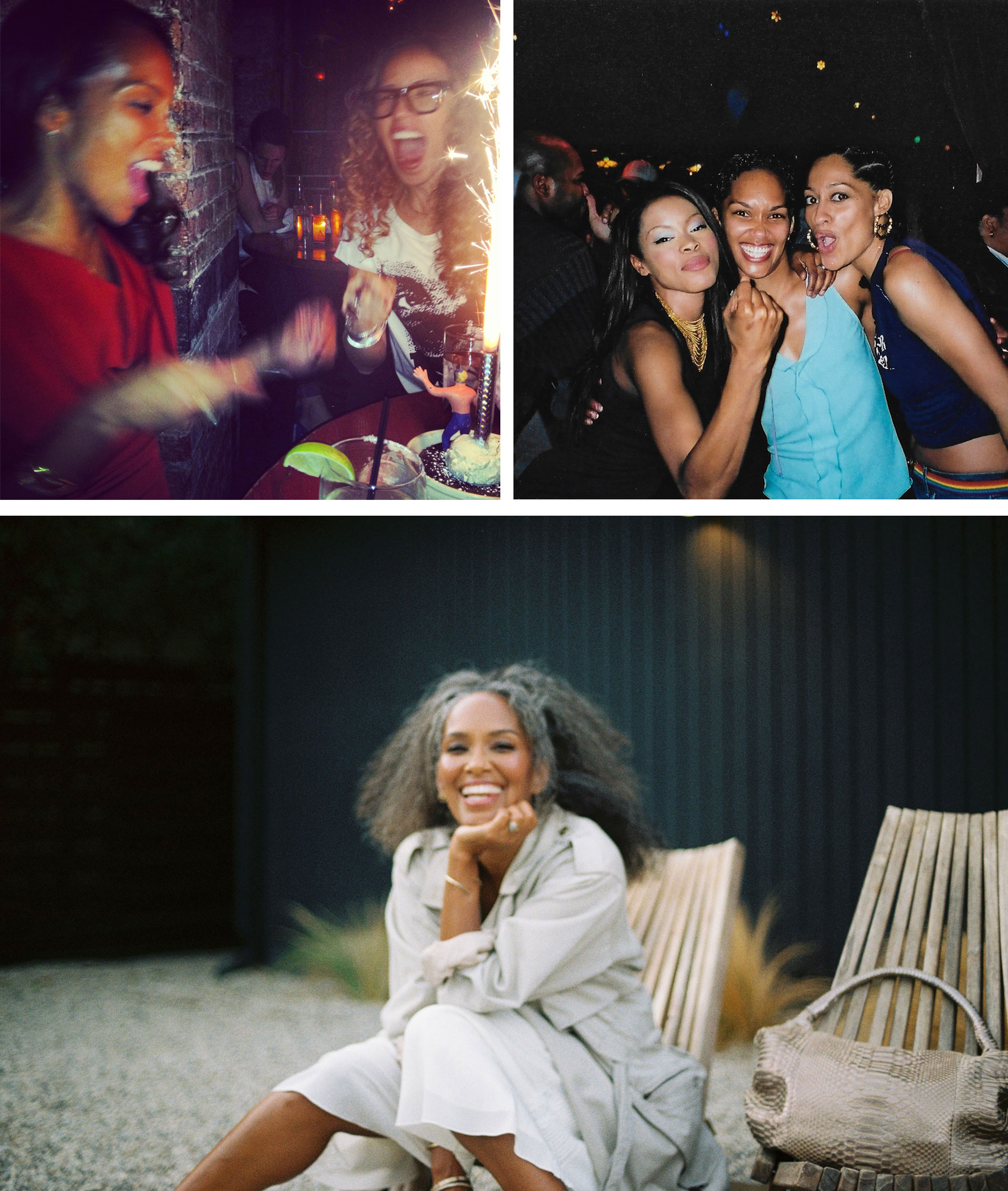
Positive images are just as damaging as negative images.
Most humans – especially Black people – are just trying to make it through the day. Which is why I enjoy painting the hues of BLACK CHARACTERS. It’s time that we see our Black bodies BEING STILL, Existing. Striving. Dreaming. And dare I say it, choosing to have sex for our pleasure.
PHOTOS: Featured Image: Steven Heuer
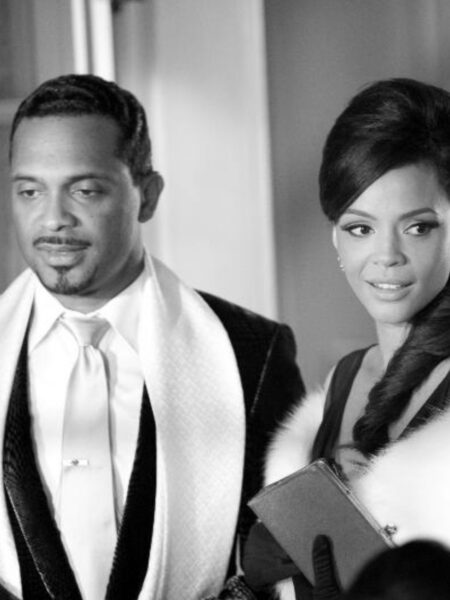
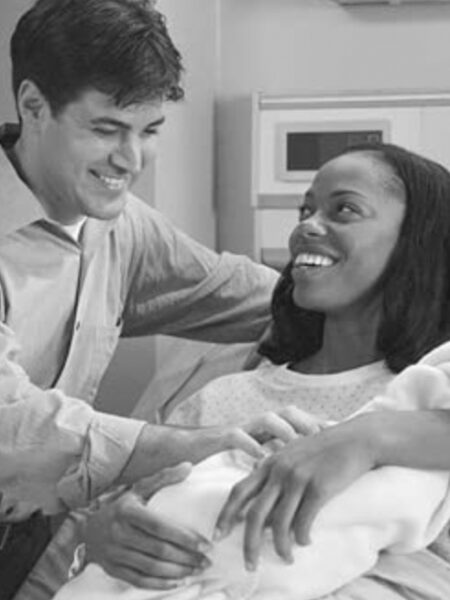


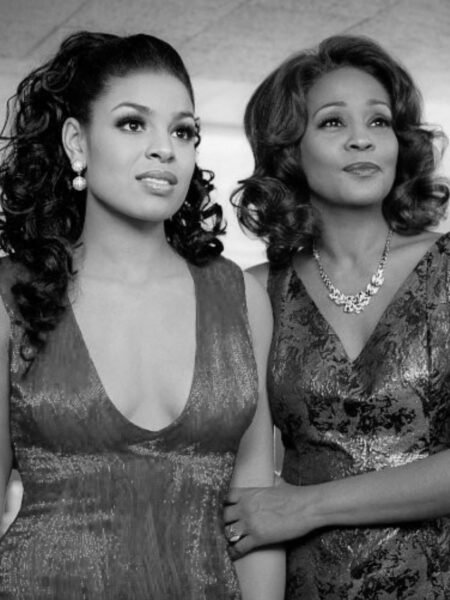
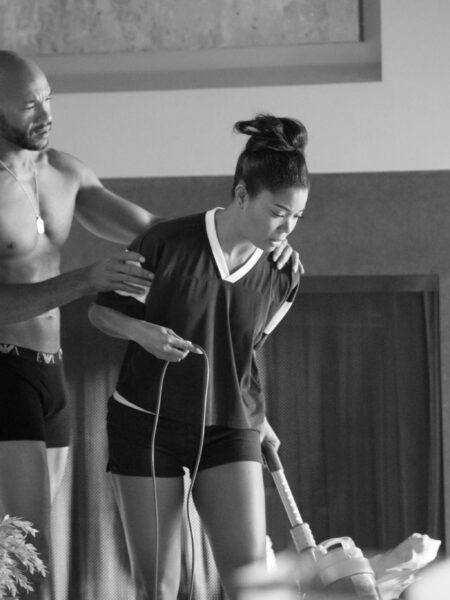

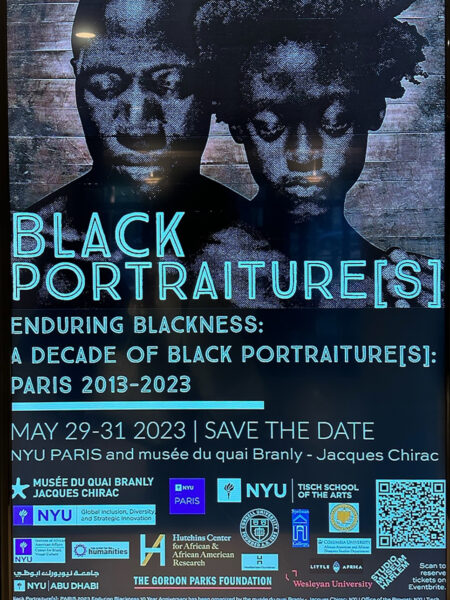

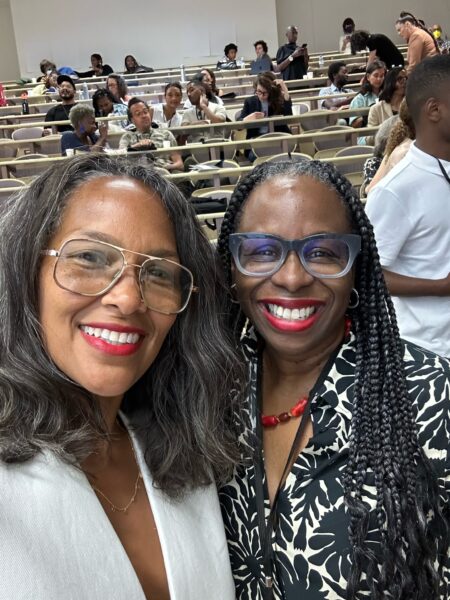
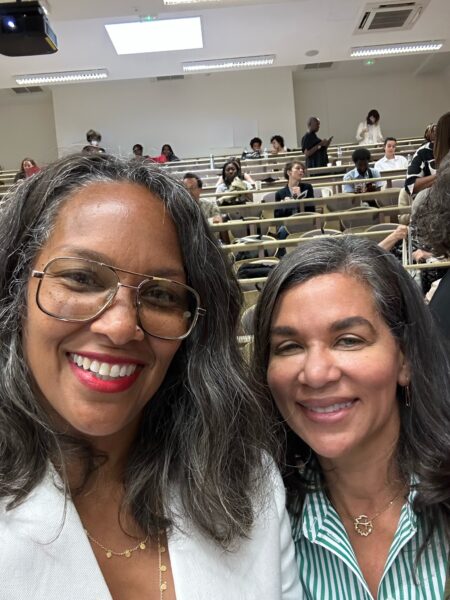
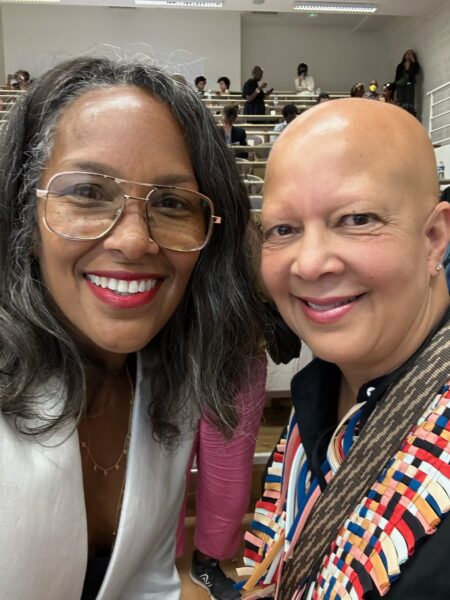



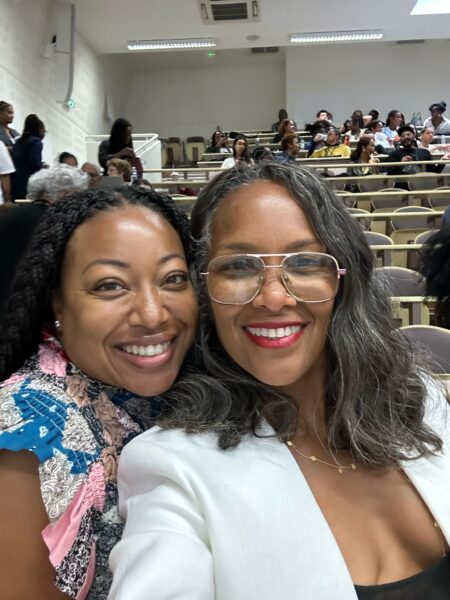
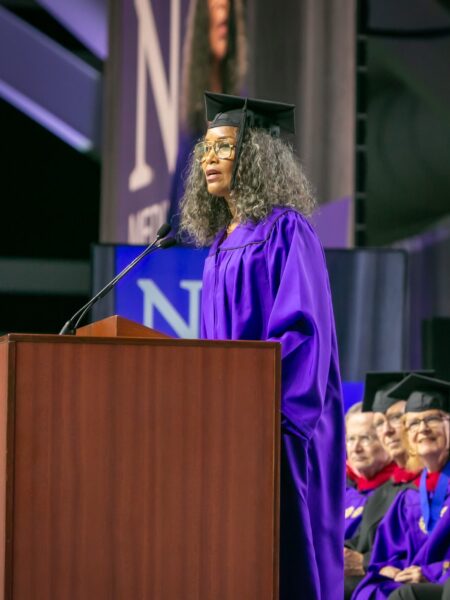
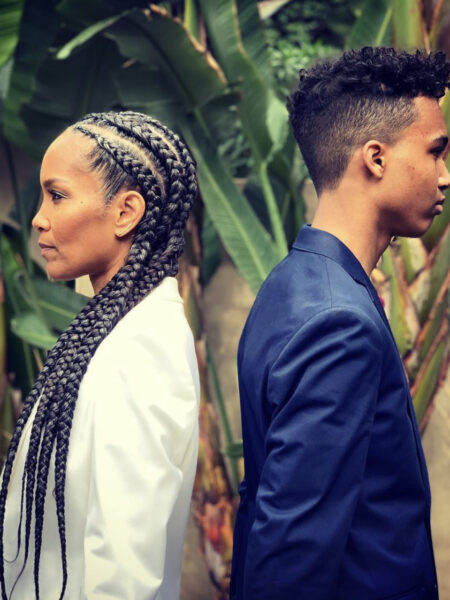
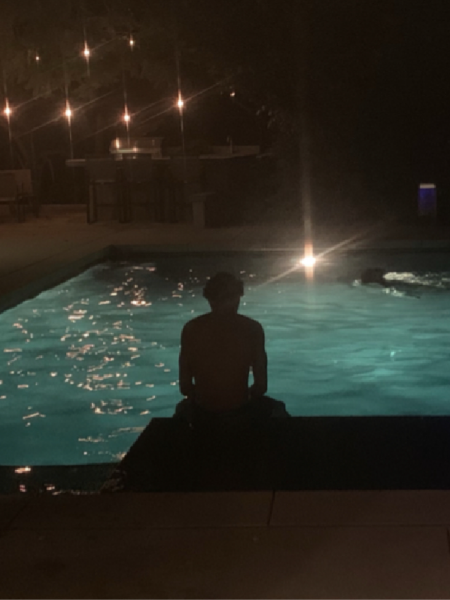
Fantastic! I loved the way you framed “our” (black women’s) images as human. We have a rainbow of feeling and emotions about how to empower ourselves in so many facets of our lives, including our sexual preferences. I love that you show all of us, in all of our glory!
Sex and the City was so successful for basing a show on four women* having sex* so much so that they *named* the show sex* and the City. SATC was a hit for doing exactly what your critics wanted to muzzle you from doing: talking about sex. Girlfriends and SATC was as much sex education as I would ever really get.
I loved all the different perspectives and angles women took on the subject and I loved hearing them all — even when they didn’t always perfectly align with my own (ie Samantha or Lynn). I still wanted to be aware and understand their point of view. Some women have one night stands, some want to wait until marriage, most are somewhere in between. In a group of four people, wether we’re talking about religion or vegan-ism, people are going to fall on a spectrum — it’s all humanity.
Not talking about sex does not ensure that we’re better off in any way. In fact, hearing the discussion helped me evaluate and decide for myself what I was comfortable with.
“Positive images are just as damaging as negative images.”
“Also, writing positive images is an attempt at perfection. There is no art in that. There is no discovery of the human condition in that.”
GREAT article, Mrs. Akil! I really loved this one. I was always curious about what the experience was like for you when you got to be a show-runner for the first time. Making Girlfriends was so groundbreaking and revolutionary for us as viewers, I could only imagine what it was like for you as the creator when the first season hit the television air waves. The CLOTHES. The natural HAIR. The Home Decor. The careers. The communication style. The witty banter. The self-worth. The control they had over their own lives. It was that part.
I will keep hope alive for a Girlfriend’s reboot until I die.